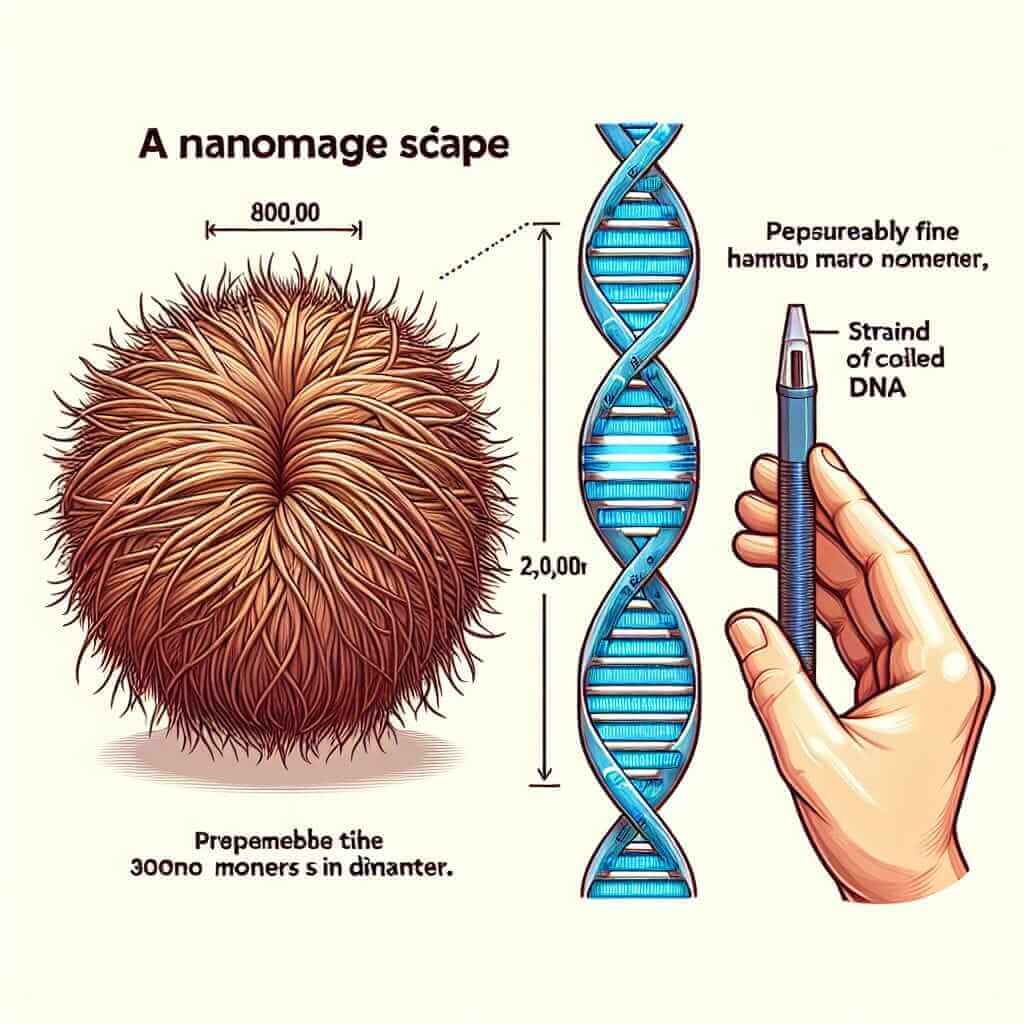The term “nanotechnology” is becoming increasingly prevalent, not just in scientific circles but also in the IELTS exam. Understanding this term and its related vocabulary is crucial for achieving a high score, especially in the Reading and Listening sections where scientific topics are common.
Here’s a breakdown of the word “nanotechnology”:
- Pronunciation: /ˌneɪnoʊˌtɛkˈnɒlədʒi/
- Part of speech: Noun
- Definition: The branch of technology that deals with dimensions and tolerances of less than 100 nanometers, especially the manipulation of individual atoms and molecules.
- Example: Nanotechnology has the potential to revolutionize fields like medicine and manufacturing.
Here are some synonyms and related terms you might encounter:
- Nanoscience: The study of extremely small things and their properties.
- Nanomaterials: Materials that are structured at the nanoscale.
- Atomic manipulation: The process of moving individual atoms.
- Molecular engineering: The design and creation of molecules with specific properties.
- Microscopic: Extremely small; visible only with a microscope (often used as a synonym for “tiny” or “minute”).
Understanding Nanotechnology
Nanotechnology delves into the fascinating realm of manipulating matter at the atomic and molecular level. It involves designing, building, and controlling materials and devices on an incredibly small scale, typically measured in nanometers (one billionth of a meter). To put this into perspective, a sheet of paper is about 100,000 nanometers thick.

Nanotechnology in IELTS
The IELTS exam often features passages and discussions related to cutting-edge technologies, and nanotechnology is a prime example. You might encounter this term in texts discussing:
- Materials science: Describing the development of new materials with enhanced properties, such as increased strength, lighter weight, or improved conductivity.
- Medicine: Explaining advancements in drug delivery systems, medical imaging, and disease treatment using nanoparticles.
- Electronics: Detailing the miniaturization of electronic devices and the creation of more powerful and efficient computer chips.
- Environmental science: Discussing the use of nanotechnology for water purification, pollution control, and renewable energy solutions.
Using “Nanotechnology” in Your IELTS Responses
Writing Task 2
Topic: Some people believe that nanotechnology is the key to solving many of the world’s problems, while others argue that it poses significant risks. Discuss both views and give your opinion.
Sample Response:
Nanotechnology, the manipulation of matter at the atomic level, has sparked intense debate about its potential benefits and drawbacks. Proponents argue that it holds the key to addressing pressing global challenges, from developing more efficient renewable energy sources to creating targeted drug delivery systems for diseases like cancer. By engineering materials with enhanced properties, nanotechnology could revolutionize industries and improve the quality of life for millions.
However, critics caution against the potential risks associated with this emerging field. Concerns about the toxicity of nanomaterials and their potential impact on human health and the environment remain largely unknown. Moreover, the ethical implications of manipulating matter at such a fundamental level require careful consideration.
Speaking Part 3
Examiner: What are some of the potential applications of nanotechnology in the future?
Candidate: Well, nanotechnology has the potential to revolutionize various fields. For instance, in medicine, it could pave the way for personalized treatments tailored to an individual’s genetic makeup. Imagine nanobots delivering drugs directly to cancerous cells, minimizing side effects and improving treatment efficacy. Additionally, nanotechnology could lead to the development of self-healing materials and ultra-efficient solar panels, addressing challenges in infrastructure and energy production.
Collocations and Idioms
- Cutting-edge nanotechnology: Refers to the most advanced and innovative developments in the field.
- Nanotechnology revolution: Describes the transformative impact of nanotechnology on various industries and aspects of life.
- Unlock the potential of nanotechnology: Refers to realizing the full range of possibilities that nanotechnology offers.
- Ethical implications of nanotechnology: Highlights the moral and societal considerations surrounding the use and development of nanotechnology.
- Nanotechnology advancements/breakthroughs: Refers to significant progress and discoveries made in the field.
Conclusion
Mastering the terminology surrounding key scientific concepts like “nanotechnology” is essential for success in the IELTS exam. By understanding its meaning, applications, and related vocabulary, you’ll be well-equipped to tackle a wide range of questions and demonstrate your command of the English language. Remember to practice using these terms in context to solidify your understanding and enhance your fluency.